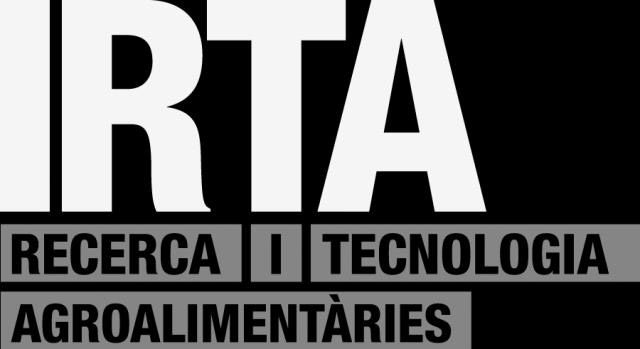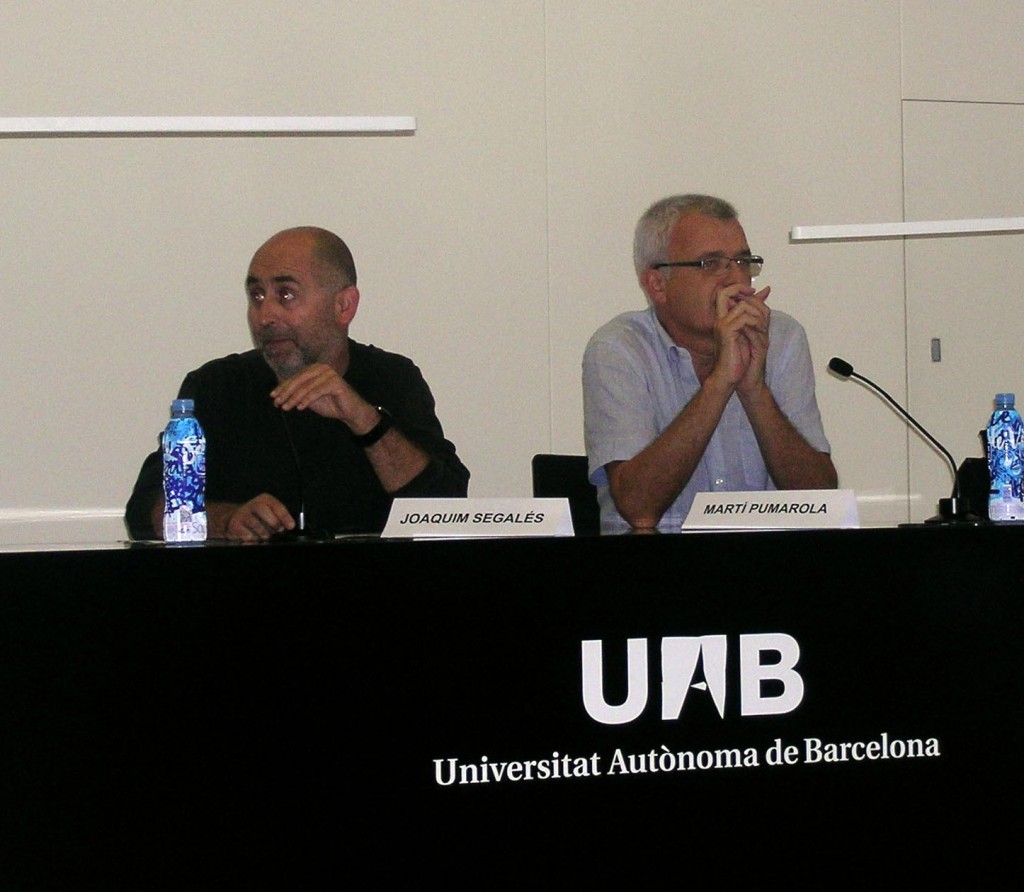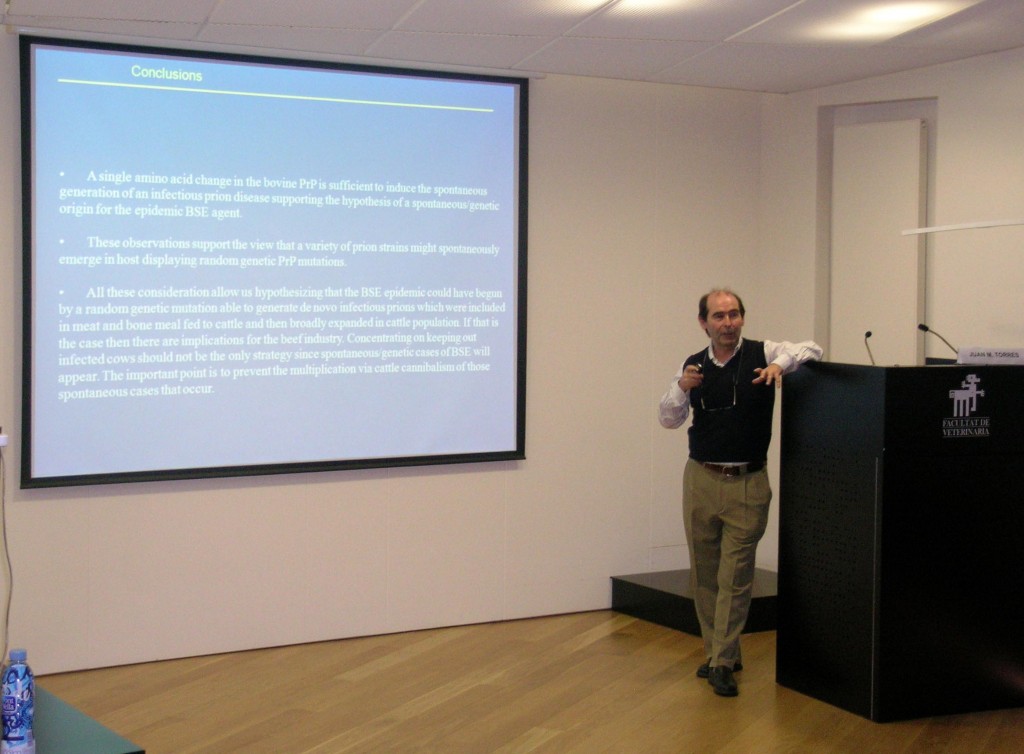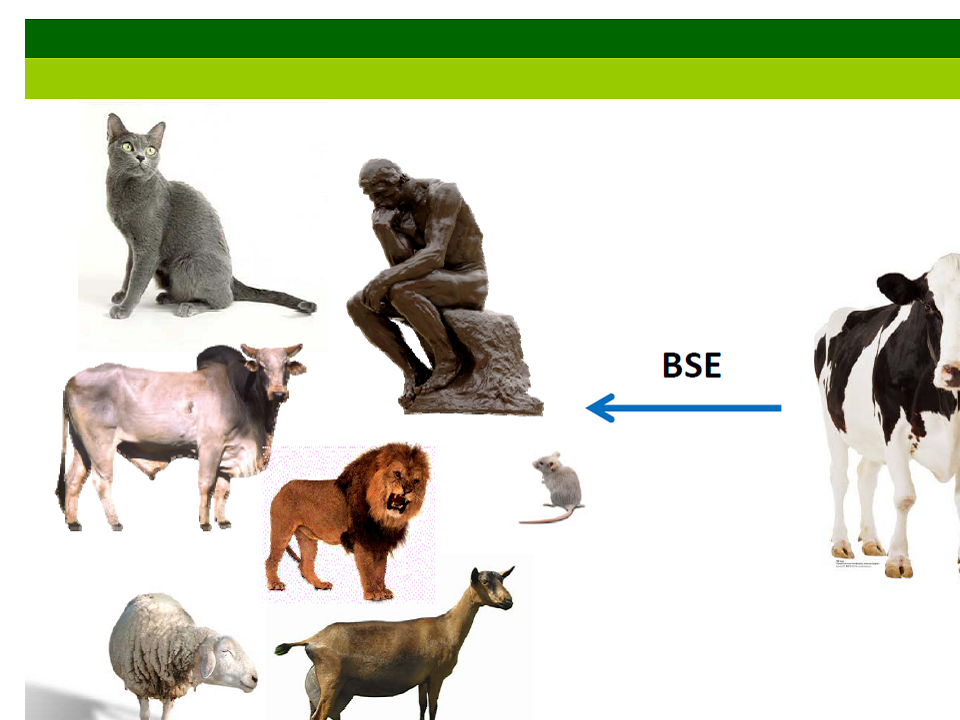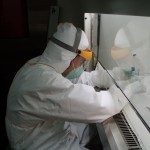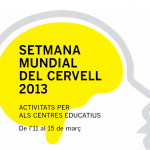Debating about prion diseases
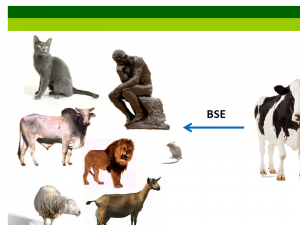
Last week (October 1) we celebrated the VIII scientific-technical meeting on Transmissible Spongiform Encephalopathies (TSE) in the Graduation Hall of the Faculty of Veterinary Medicine, UAB. Since the creation of the laboratory PRIOCAT in 2001 we have been organizing these conferences regularly. Initially they were aimed at technicians working in the different prion laboratories in the country. Lately they are aimed at a wider audience including specially administration staff related to TSE surveillance plans.
The current goal of the conference is the divulgation of the activities carried out in CReSA’s prion laboratory. From PRIOCAT we prepared a talk explaining the TSE diagnostic activities. These consist of the analysis of all cattle slaughtered in Catalonia : older than 72 months intended for human consumption as well as the fallen stock subpopulation older than 48 months.
Afterwards the results of a couple of research projects in which we participate were briefly discussed. AMong these results we highlighted the studies on transmission barrier of Bovine Spongiform Encephalopathy (BSE or “mad cow disease”) prions towards species hitherto considered resistant to prions, such as the Dog or the rabbit .
Bioassay results made in different transgenic mouse models from atypical scrapie cases diagnosed in our laboratory were also discussed. Atypical scrapie is a prion disease of sheep and goats which we are investigating. These experiments were performed in CReSA’s biocontainment unit.
To complement the information on these topics we invited two experts from other centers of the Spanish state who work with prions, particularly with transgenic mouse models and atypical scrapie:
- Dr. Rosa Bolea, from the Research Center and Transmissible Spongiform and Emerging Diseases at the University of Zaragoza explained the interesting results of atypical scrapie transmission to human consumed species such as pigs or cows .
- Finally Dr. Juan Maria Torres from the Animla Health Research Center (CISA-INIA) in Madrid, which would be the Spanish CReSA counterpart, made an comprehensive revision on multiple transgenic mouse models set up in his laboratory. From these results one can highlight the importance given by Dr. Torres to BSE when infects sheep, it seems that these prions are infectious, not only for humans but to other livestock species . It even seems that these prions are more virulent than cattle BSE itself.

